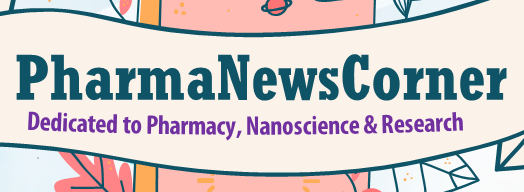Research Methodology in Thesis Writing
Research methodology is a critical aspect of any M.Pharmacy or
research program. It lays the foundation for conducting rigorous and meaningful
research. Here are some important points for M.Pharmacy or research students to
consider when studying and applying research methodology:
- Understanding
the Research Process:
- Gain
a thorough understanding of the entire research process, from identifying
a research problem to disseminating research findings. Familiarize
yourself with the stages: problem formulation, literature review, data
collection, analysis, and interpretation.
- Selecting
a Research Topic:
- Choose
a research topic that is relevant, interesting, and has a gap in the
existing literature. Ensure it aligns with your interests and the goals
of your program.
- Literature
Review:
- Conduct
a comprehensive literature review to identify existing research on your
chosen topic. This helps you understand the state of the art, identify
gaps, and refine your research questions.
- Research
Design:
- Determine
the appropriate research design (e.g., experimental, observational, or
qualitative) for your study. Justify your choice based on the research
objectives.
- Data
Collection Methods:
- Select
suitable data collection methods (surveys, experiments, interviews, etc.)
and ensure they align with your research design. Pay attention to data
quality and ethical considerations.
- Sampling:
- Understand
different sampling techniques and choose the most appropriate one for
your study. Ensure your sample is representative of the population you
are studying.
- Data
Analysis:
- Learn
and apply statistical and analytical techniques relevant to your research.
Utilize software tools like SPSS, R, or Python for data analysis.
- Ethical
Considerations:
- Familiarize
yourself with research ethics and ensure your study adheres to ethical
guidelines, including obtaining informed consent and protecting
participants' privacy.
- Research
Proposal:
- Develop
a clear and well-structured research proposal that outlines your research
objectives, methods, and expected outcomes. Seek feedback from advisors
and peers.
- Data
Interpretation:
- Develop
the skills to interpret research findings accurately and critically.
Relate your results back to your research questions and the existing
literature.
- Critical
Thinking:
- Cultivate
critical thinking skills to evaluate the strengths and weaknesses of your
research design and methodology. Consider alternative explanations and
potential limitations.
- Time
Management:
- Create
a realistic timeline for your research project to ensure you meet
deadlines and milestones.
- Communication
Skills:
- Work
on your communication skills to effectively present your research
findings through reports, presentations, and publications.
- Adaptability:
- Be
prepared to adapt your research methodology if unexpected challenges or
new insights arise during your study.
- Seek
Guidance and Feedback:
- Regularly
consult with your research advisor and seek feedback from peers and
experts in your field. They can provide valuable insights and guidance.
- Stay
Updated:
- Keep
up with the latest developments and trends in your field to ensure your
research methodology remains current and relevant.







0 Comments